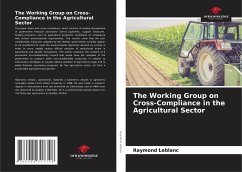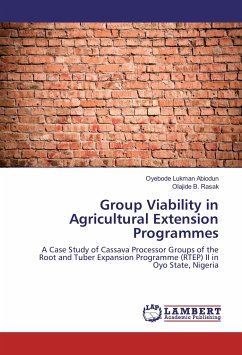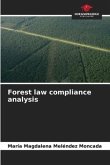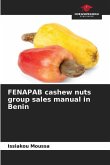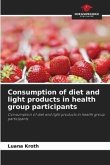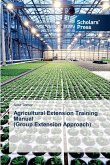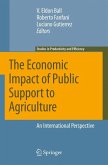This paper deals with cross-compliance, which consists of making the payment of government financial assistance (direct payments, support measures, funding programs, etc.) to agricultural producers conditional on compliance with certain environmental requirements. The results show that the eco-conditionality measures adopted by the Quebec government currently appear to be insufficient to meet the environmental objectives desired by society in order to more rapidly reduce diffuse pollution of agricultural origin in agricultural and aquatic ecosystems. The author proposes the creation of a permanent eco-conditionality council that would have the mandate of the government to propose other eco-conditionality measures in relation to intervention strategies to counter diffuse pollution of agricultural origin and to adapt financial assistance programs for the agricultural sector, all from a sustainable agriculture perspective.
Bitte wählen Sie Ihr Anliegen aus.
Rechnungen
Retourenschein anfordern
Bestellstatus
Storno

